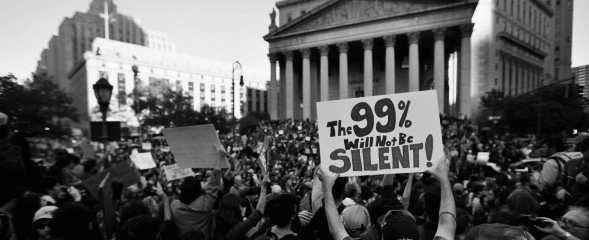
A Crisis of Trust
There’s a crisis of trust in this country. You can see it everywhere you look. It’s obvious in the abysmal approval rates for members of the U.S. Congress and our general distrust of elected officials at almost every level. It’s evident, too, in the suspicion with which we view our financial and business leaders, our journalists, scientists, regulatory agencies, and educators—almost everyone in fact who we look to for direction and leadership.
Frankly, we don’t believe much, or believe in much, of anything anymore. Studies show that after a brief surge following September 11, 2001, trust in our institutions and each other has been steadily declining for forty years. For those of us who are old enough, just remembering the years of Vietnam, Watergate, junk bonds, Monica Lewinsky, Enron, and the Catholic Church sex scandals will explain some of that decline. But things haven’t been much better for the generations just behind us. From the misinformation that led us into the Iraq war, through the string of financial scandals that wiped out millions in personal wealth on and on through the house of toppling cards that became the 2008 recession, they’ve suffered through more than a decade of almost unrelenting dishonesty.
